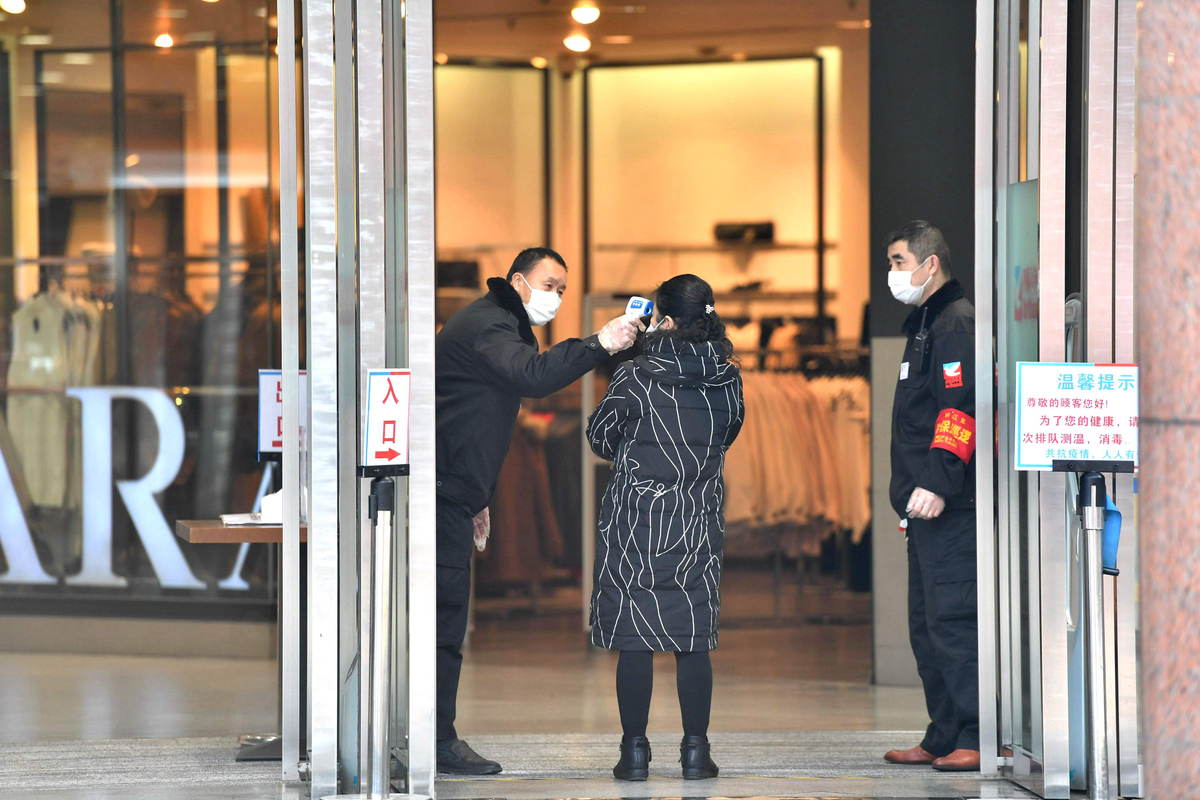Idle caterers help online retailers with deliveries


Compared to the booming online volumes for daily necessities in retail stores, apparel companies have claimed to suffer the most given the sudden drop in consumer desire to shop for clothes, as consumers placed limits on their outdoor activities.
"Offline traffic to our stores has been nearly zero while online sales is not optimistic," said Chloe Hou, public relations manager of Guangzhou-based Ban Xiaoxue, a Chinese designer brand. "The epidemic has curbed customers' desire to shop for clothes."
Most of Ban Xiaoxue's 73 stores have suspended operations or shortened their hours.
"The sudden outbreak of novel coronavirus brought short-term challenges, but will be followed with greater opportunities," said Hou.
With customers spending more time online, there would be increased chances for apparel brands to work on how to improve their customer relationship management, particularly in membership, content and experiences in the next two or three months.
When the customers come back after the outbreak is brought under control, the strong momentum gained from the improvement will make up for the offline losses during the past few days, she said.
Ban Xiaoxue has trained sales people to sell apparel from social applications online. "Our transactions are made completely away from brick-and-mortar stores," she said.
The brand has switched its priorities to customer relationship management. It is grouping their customers more specifically based on their interests and needs, and it is focusing on how to create better personalities for their sales people in the chat group, and on how to activate customers through recommendations from key influencers.
Lululemon, the leading yoga apparel brand, has closed most of its stores in China temporarily. The company has offered free yoga courses on major fitness applications and video sharing platforms such as Douyin. China is its third largest market after the United States and Canada.
Footwear retailer UGG, a brand of Deckers China, has also closed nearly six out of 10 of its directly operated stores for the moment. For stores that are still open, the brand has encouraged sales personnel to use WeChat to sell online, reducing risks for employees and customers.
Toy retailers that depend largely on offline sales have seen sales scaled down given the sluggish number of visitors.
Guo Xiao, marketing director of Beijing-based lifestyle retailer Pop Mart, said they have closed some of their stores, limited their working hours, and witnessed reduced rents from their landlord for a month.
"We have postponed a new product launch and focused on innovations for online marketing," he said. "We don't want our fans to take the risks to go into a shopping center."
But he said the disruptions in their inventory center and logistics brought on by the epidemic enable them to deliver more for customers who shop online.
"Hopefully the logistics will resume soon once the workers go back to work," Guo said.




































